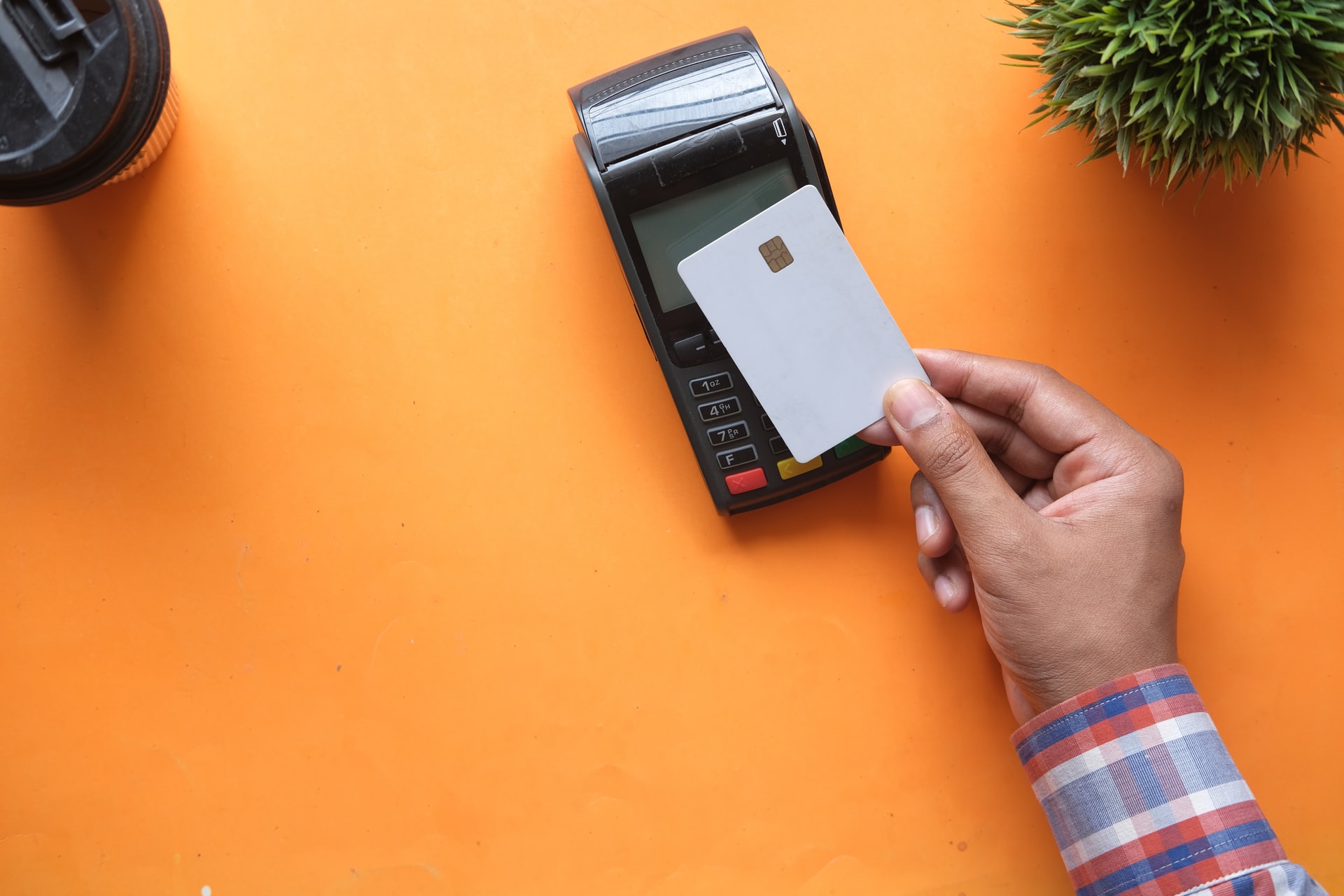Payment gateways are the link between your online store and the payment systems that process transactions. It’s vital to understand how they work if you’re thinking of accepting any form of payment online because they’re in charge of everything: securely transmitting your customers’ card details while protecting your information, processing payments, and storing customer data. Keep reading to learn more about these services and how they work.
What Is A Payment Gateway?
Payment gateways are online services that process electronic payments. They allow you to receive and send payments electronically between parties who may not know each other. A payment gateway connects your eCommerce business to one or more types of electronic payments like credit cards, debit cards, ACH transactions, etc. In return for providing this service to you for a monthly fee, the gateway takes a small transaction fee from each purchase made through their service.
How Can A Payment Gateway Benefit My Business?
Payment gateways offer a host of advantages to both merchants and their customers. It allows them to accept payment transactions in different ways. For example, you can use a gateway for debit and credit card transactions, ACH payments, or even eCheque transactions. It also allows you to safely transmit customer card details without any risk of chargeback fraud or overlap in the payment systems.
Another way to improve payments in your rising business is to use Solidgate. This global fintech company offers a fully integrated payments API for any type of business to grow its revenue and scale all over the world.
Faster Payments
The main benefit of using a payment gateway is that it presents your customers with the fastest and most secure way to pay for their purchases. This means faster transaction times for your customers, who are less likely to experience any delays or be unable to complete the purchase when they need to.
The speed of payment is also dependent on a number of other factors, including the payment method used, the location where the card details should be sent, and different merchant-specific settings.
Convenience
A payment gateway will enable you to offer a number of ways for customers to make payments. You can accept credit card payments, debit card transactions, or even various direct withdrawal methods. Your customers can purchase their products online and pay quickly using these methods. Your business also benefits from easily processing different types of payments via one service, including cash and cheque if required.
Better Security
As well as offering a variety of payment options, a payment gateway also provides various ways for you to keep your business safe from fraud. You can be sure that the transactions you receive are safe and secure because the gateway will check them regularly. This ensures that it’s not just your customers who can buy via your online store but also other merchants using the same service.
How Do Online Payments Work With A Payment Gateway?
Payment gateways have a number of features that allow them to facilitate fast and secure transactions. However, they also have some limitations that you should be aware of. It’s vital to keep in mind that payment gateways are not banks, and they don’t provide full banking services. For example, one service may work with certain payment methods while another will not. It’s up to you as the merchant to decide which gateway will best suit your business needs, so you should carefully consider all the options available before making a decision.
Set Up Your Website And Connect It To A Payment Gateway
Most payment gateways will require you to fill out an application and get approved before you can begin to process payments through them. The exact application process differs from payment gateway to payment gateway, so find one that suits your needs and apply for their services.
Customer Makes A Purchase And Enter The Credit Or Debit Card Details
When a customer makes a purchase through your online store, they will enter their credit or debit card details as usual. These details will go directly to the payment gateway, handling the transaction on your behalf.
The Order And Card Details Are Sent To The Payment Gateway
When your customer places an order, their details are sent to the payment gateway for processing. The gateway will then create a transaction and pass it along to your bank or the payment processor for verification.
The Payment Gateway Verifies Card Details
The payment gateway will pass the order details and the card number and expiry date to the appropriate processor to verify that the information given is correct and that there are sufficient funds on hand to cover the purchase amount.
The Payment Gateway Sends A Request To The Customer’s Issuing Bank
When the payment gateway receives the order details and card information, it will inform the customer’s bank of a new payment request. The issuing bank will then perform a new transaction, called a “secure transaction,” to get funds from the customer’s account to cover your purchase.
The Issuing Bank Then Sends These Funds To The Merchant Bank
The issuing bank will then inform the merchant bank that a new transaction has been completed and ask the merchant’s bank to transfer the funds from the merchant’s account to yours.
The Payment Gateway Send A Notification To The Merchant
Once the funds are received, the payment gateway will send a notification to your store’s server. This may take a few minutes, depending on how quickly your hosting company makes the funds available to you.
The Bottom Line
Payment gateways save you a lot of time and money, as they often have extensive knowledge of and networks with the processing systems that underpin eCommerce. With minimal setup and integration on your part, payment gateways will help you take payments from your customers in seconds rather than days or weeks. This is beneficial when considering how many people abandon their online shopping carts because they assume it will take too long to process their payment.
















